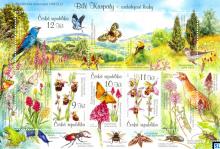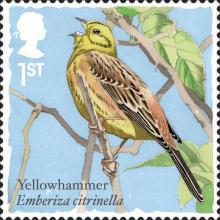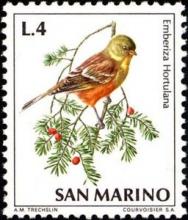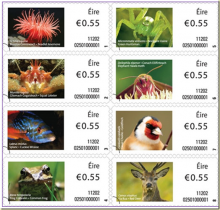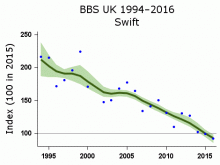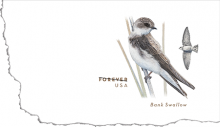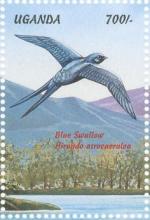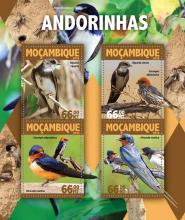DAS DESASTER NIMMT SEINEN LAUF – UND NIEMAND HÄLT ES AUF
Der niederländische Toxikologe Henk Tennekes behauptet, dass die Neonikotinoide generell verantwortlich sind für eine Verschärfung des Überlebenskampfes auf Feld und Wiese. „Vor unseren Augen“,sagt Tennekes, „findet der ökologische Kollaps statt“, einer, der womöglich das durch das Insektizid DDT einst verursachte Vogelsterben übertrifft. Folgen, wie Tennekes sie nicht nur für Feld-, sondern auch für Wasservögel beschreibt: Die Insektizide töten oder schwächen Insekten und rauben Vögeln die Nahrung.

